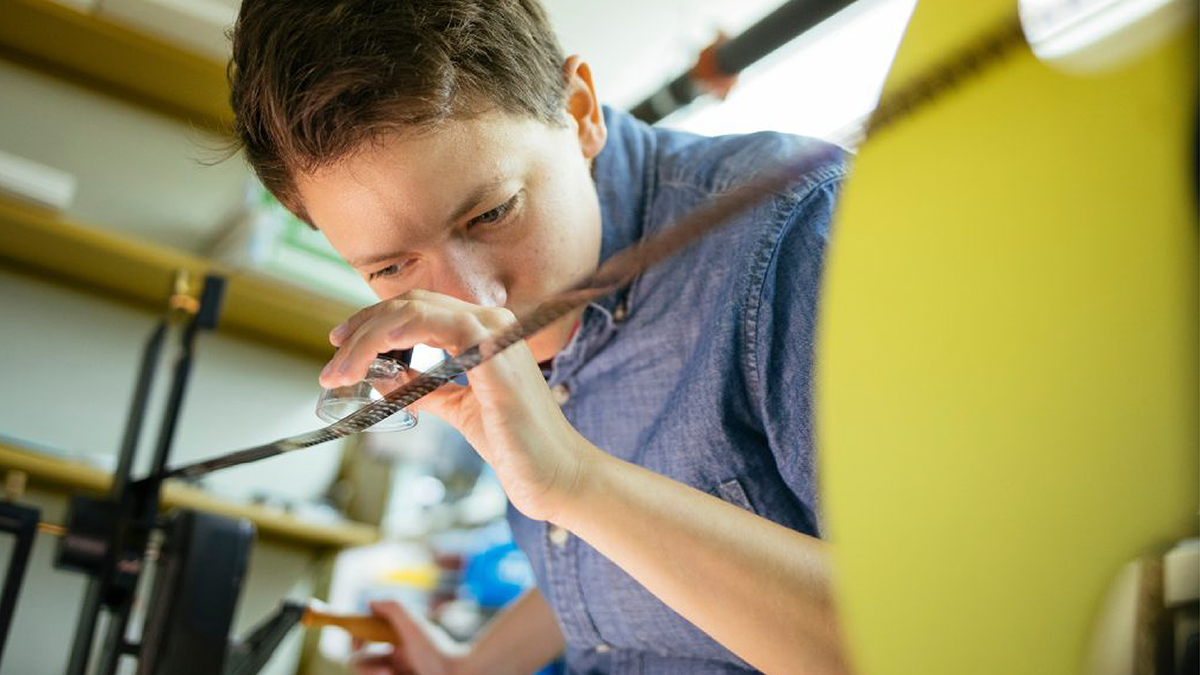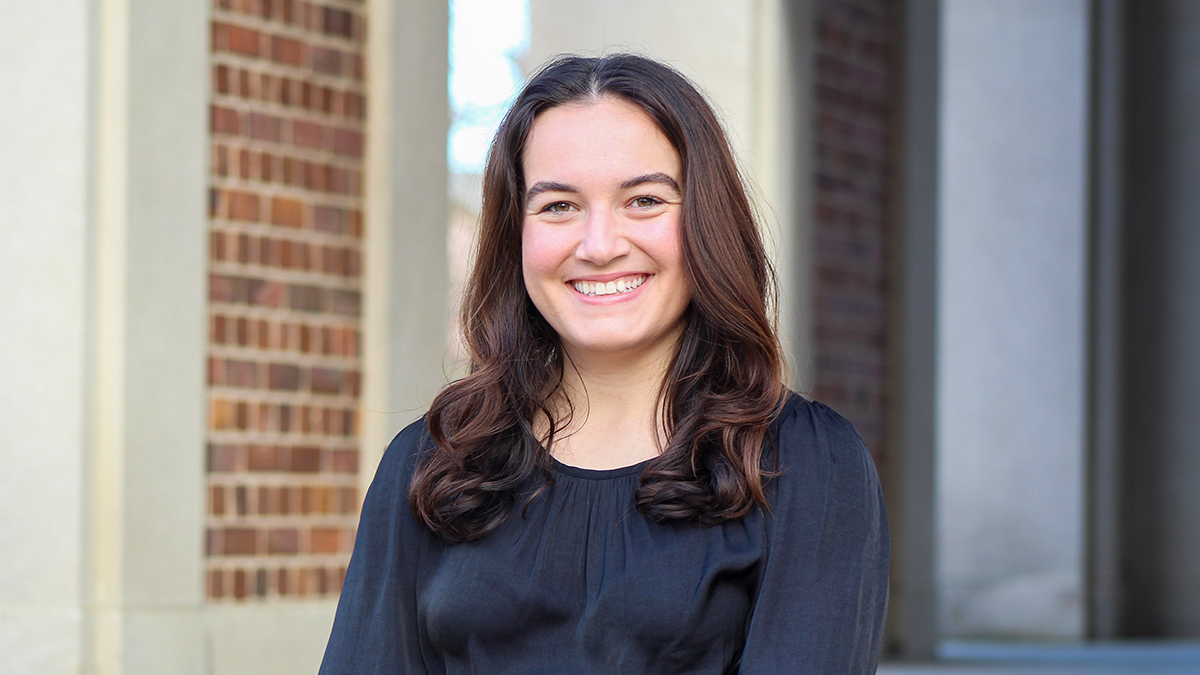$500,000 grant will advance preservation of the South’s audiovisual history at University Libraries
A grant from The Andrew W. Mellon Foundation will enable Carolina's archivists and digitization specialists to explore new methods for preserving audio and video records of the American South at a large scale.

Since 2014, support from The Andrew W. Mellon Foundation has enabled archivists and digitization specialists at UNC-Chapel Hill’s University Libraries to investigate new methods for preserving audio and video records of the American South at a large scale. Now a capstone grant of $500,000 from the foundation will help them develop a long-range model for continuing this critical work.
The newest grant, which focuses on sustainability, began Oct 1 and will end Sept. 30, 2023. It brings the nine-year funding total for Extending the Reach of Southern Audiovisual Sources to $3.4 million. Prior phases were devoted to research and development, implementation and expansion.
Carolina’s libraries have been working on audiovisual preservation since the 1980s, but those efforts tended to focus on individual items. The series of Mellon Foundation grants have allowed staff to consider how best to tackle collections that include thousands—or tens of thousands—of recordings, such as the holdings of the Southern Folklife Collection and the Southern Historical Collection, both part of the Wilson Special Collections Library.
The work is urgent, according to Erica Titkemeyer, associate head of repository services and grant co-lead.
“Audiovisual recordings are at risk of both obsolescence and deterioration. They will not be retrievable after a certain number of years,” said Titkemeyer. “There is a ticking clock that we are working with.”
Titkemeyer said there are three main goals for this final phase:
- Develop a funding and staffing model so that UNC-Chapel Hill can continue preserving audiovisual recordings from the Wilson Special Collections Library once the grant concludes;
- Develop a sustainable model for providing AV preservation services to partners across the state through the North Carolina Digital Heritage Center; and
- Preserve AV materials aligned with the University Libraries’ Reckoning Initiative by focusing on collections created by or about BIPOC (Black, Indigenous, and people of color) communities, members of the LGBTQ+ community, religious or ethnic groups, and people with disabilities.
While there is urgency to preserve AV materials, Titkemeyer said that the emphasis on materials from minoritized communities requires a different mindset.
“With the window for AV preservation shortening, it can be tempting to rush prioritization. This grant phase emphasizes slowing down and making intentional choices through the lens of the Reckoning Initiative,” they said.
Titkemeyer hopes that the lessons learned can eventually inform other digitization operations at the University Libraries by showing progress and identifying gaps in working with these materials.
Carolina is also uniquely positioned to provide statewide support for AV preservation said Lisa Gregory, director of the North Carolina Digital Heritage Center. The center, which is based at the University Libraries, provides digitization services for libraries, archives, historical centers, and other cultural institutions across North Carolina. In September, the center cemented partnerships in all 100 of North Carolina’s counties.
“Offering audiovisual digitization as a service for our partners has been invaluable in providing access to these endangered formats,” said Gregory. “We look forward to making this a sustainable effort over the next few years with our colleagues in Wilson Special Collections Library.”




